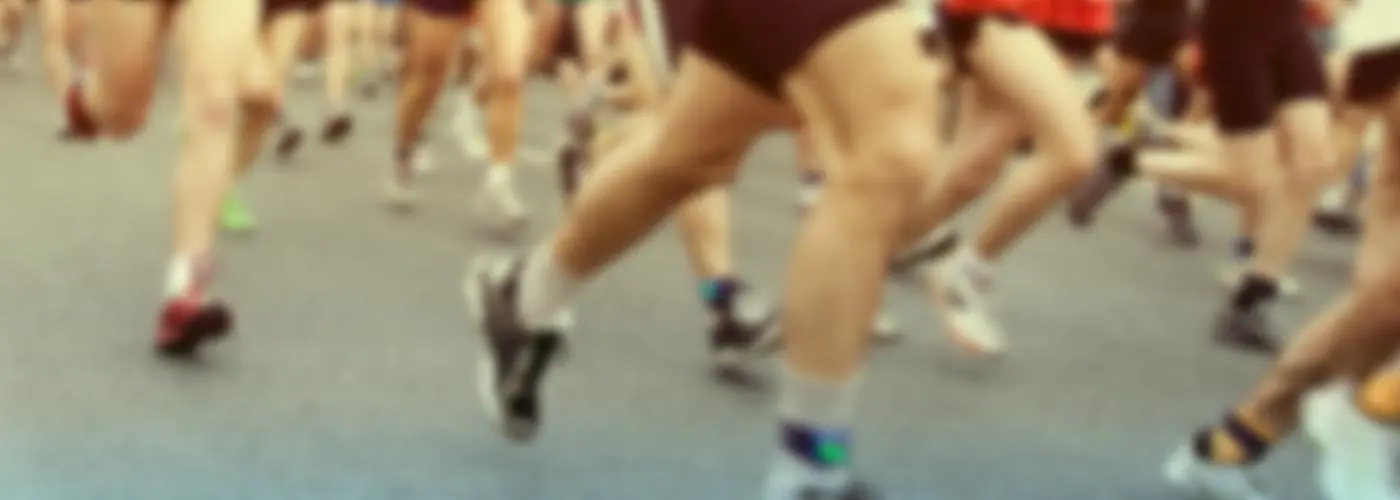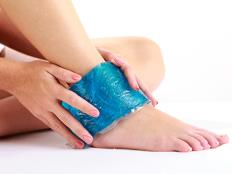
Taking a break from structured running is a fundamental aspect of sound annual training cycles for runners. A great article in the Wall Street Journal following the 2012 London Olympics shared how three of the best American male distance runners took complete time off after their last races. While this may sound unreasonable to those who are accustomed to working out every day, the following tips provide insight into how to take an offseason break, why it's beneficial to your next training cycle, and why failing to take a break can lead to fatigue and potential injury if you immediately resume training after completing a goal race.
Run, Don't Rest, The Day(s) After the Big Race
In the immediate days following your goal race, you should jog easy for at least one or two days. Why? When you run, you pump oxygen-rich blood to muscle tissue that has been damaged on the cellular level.
Running easy in the days after a big race can be hard to do, especially if your last race was a marathon, but it's what is best for your body. Plus, you'll get some information about what next steps you should take during the offseason. For instance, if your plantar fascia is sore during these easy runs, then you should visit a soft-tissue therapist (physical therapist, chiropractor, massage therapist or Active Release Therapy [ART] professional) as soon as possible so that when it's the right time to resume serious training, you'll be ready.
More: How Sports Chiropractors Prevent Injury in Runners
Then, Take Several Days of Complete Rest
When you tell recreational runners that they should do nothing for a few days at the beginning of their offseason after one or two days of post-race jogging, some may respond: "There is no way I could do that. I have to work out."
More: The Importance of Rest for Runners
But if you pose the same question to an elite runner, he or she may simply ask, "How many days should I take off. A couple or a whole week?"
Rest and recovery are fundamental to sound training, yet so many runners think that if they take a day off they'll lose fitness, or they'll have a guilty conscience about not working out. Your body needs rest. It doesn't need months of rest, but a few days of complete rest are extremely helpful when you transition from that racing season to the offseason. Again, the best runners in the world take complete rest between the end of their racing season and the start of their next build-up, so you should be willing to do the same.
- 1
- of
- 3
About the Author

Get ACTIVE on the Go


Couch to 5K®
The best way to get new runners off the couch and across the finish line of their first 5K.
Available for iOS | Android






Discuss This Article